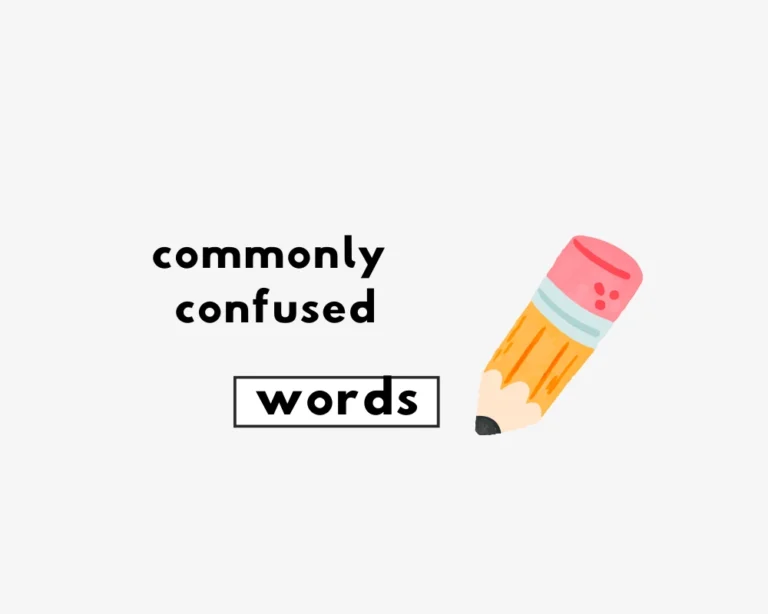
Some of the Most Commonly Confused Words in English
Take a gander through this list of commonly confused homophones in English. Do you know the difference between ‘advice’ and ‘advise’, or ‘allusion’ and ‘illusion’?
Grammarflex » writing-tips » Page 8
Embarrassing grammar mistakes are avoidable—avoid them with our writing tips on the most common questions related to English writing and grammar. Find answers to some of the most frequently confused and misused words, like effect and affect, accept or except, and bear vs. bare.
Learn the differences between UK English and US English in spelling and punctuation, or check out how to use commas with conjunctions (or for that matter, why not take the time to learn about conjunctions and their role in grammar!) There are endless writing tips available for you to learn at this corner of the web; we highly encourage it!


Take a gander through this list of commonly confused homophones in English. Do you know the difference between ‘advice’ and ‘advise’, or ‘allusion’ and ‘illusion’?
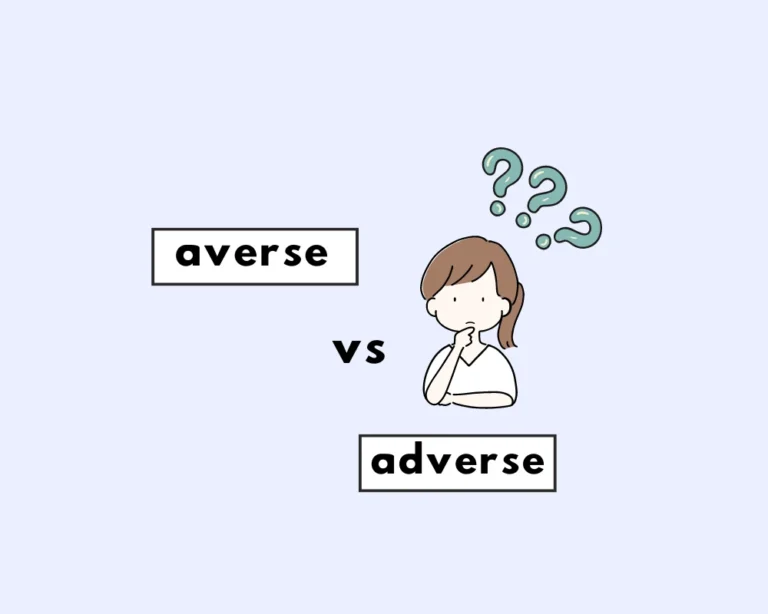
Averse is used to describe someone’s personal feelings of dislike (or aversion) towards something. Adverse typically applies to negative events, effects, actions or outcomes.
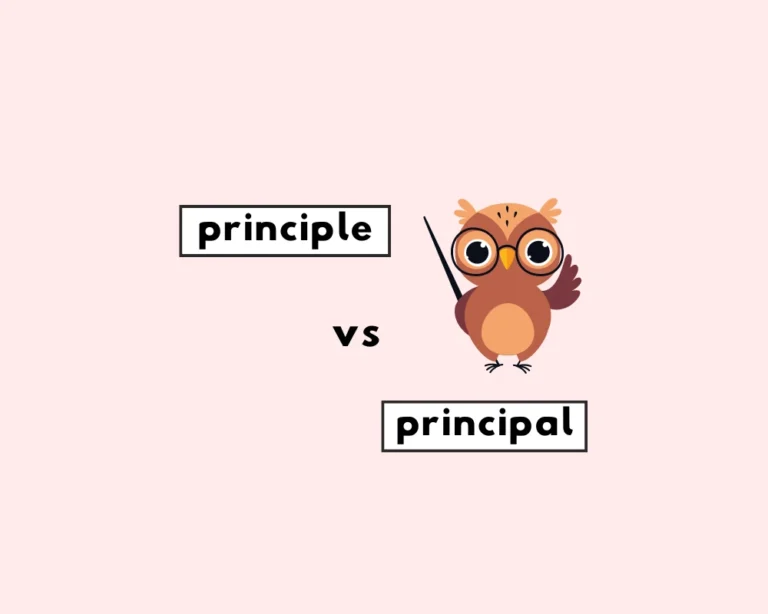
Principle is a noun that means “a comprehensive and fundamental law, doctrine, or assumption”. Principal is an adjective and a noun that refers to the principal or head of a school.

To advise is a verb that describes the act of giving advice. Advice is a noun that refers to the actual guidance or recommendation that’s been given.
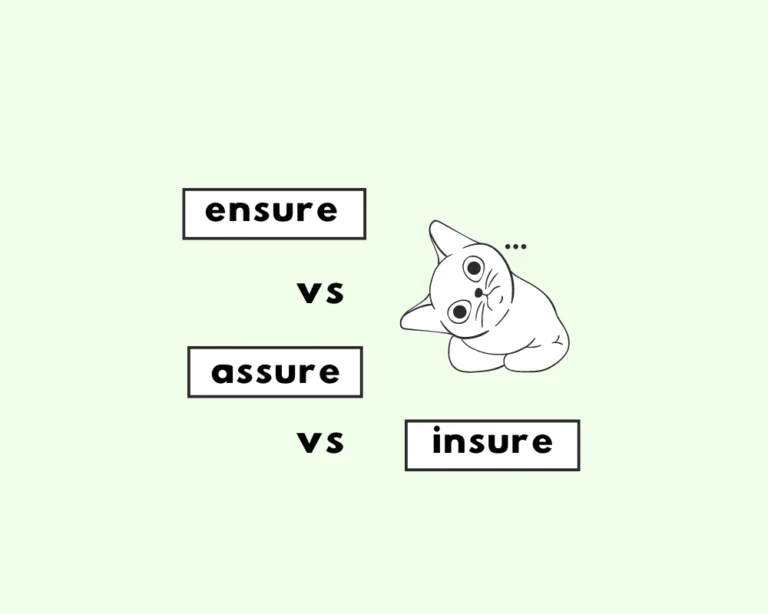
Ensure means “to make something certain to happen”. Assure means “to tell someone confidently that something is true”. Insure means “to guarantee against loss or harm”.
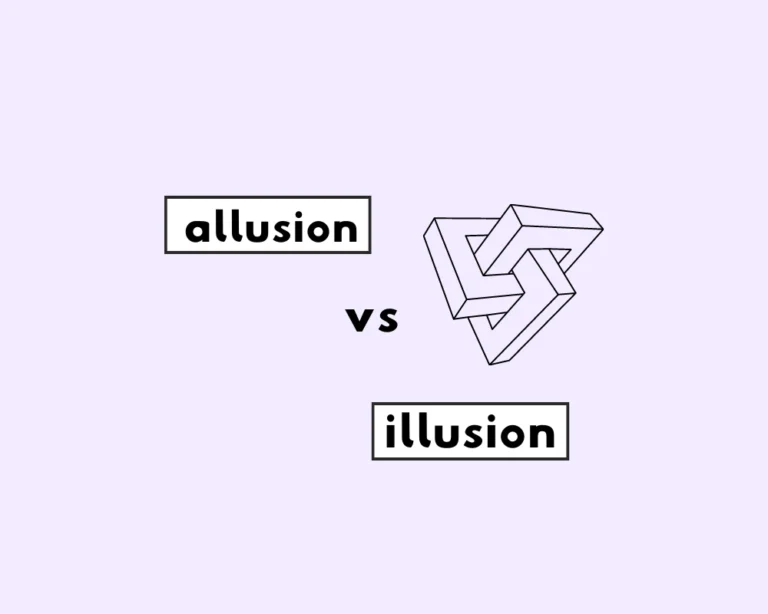
An allusion is an “an implied or indirect reference especially in literature”, whereas illusions are “a misleading image presented to the vision, e.g., an optical illusion.”

To allot is to allocate resources amongst a group or people. A lot is mostly an adverb meaning “to a great deal or extent”, and ‘alot’ is a common mispelling.
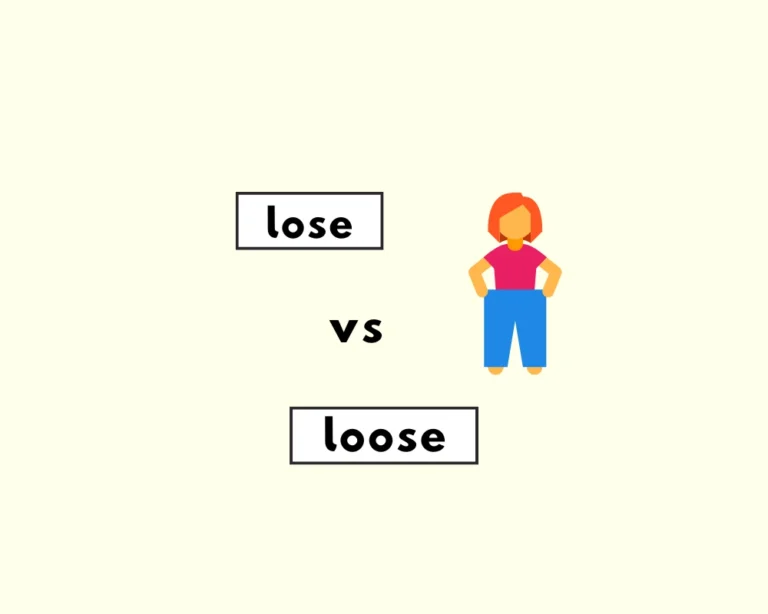
Lose is a verb that means “to be deprived of something, to not win, or to misplace something.” Loose is an adjective meaning “not tight or firmly held in place, not closely fitted.”
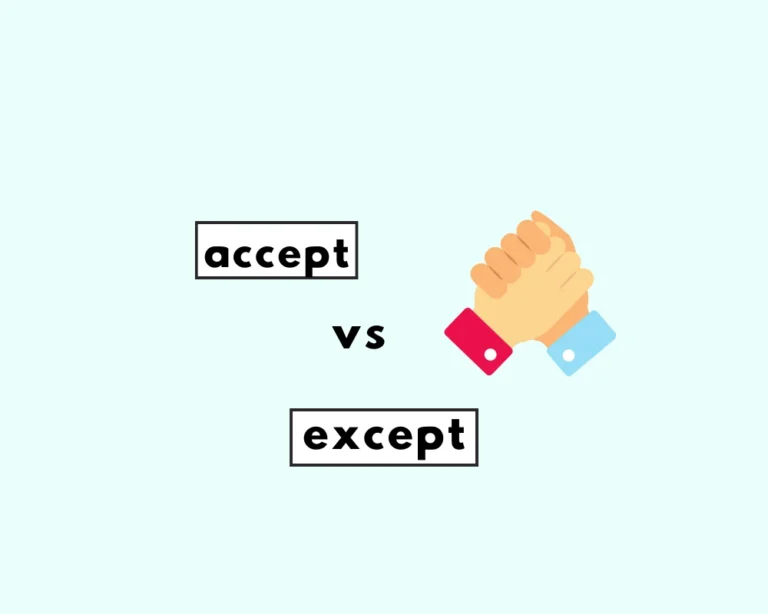
Accept is a verb: to receive,something that is offered or presented. Except is a preposition that means ‘but’ or ‘excluding’.
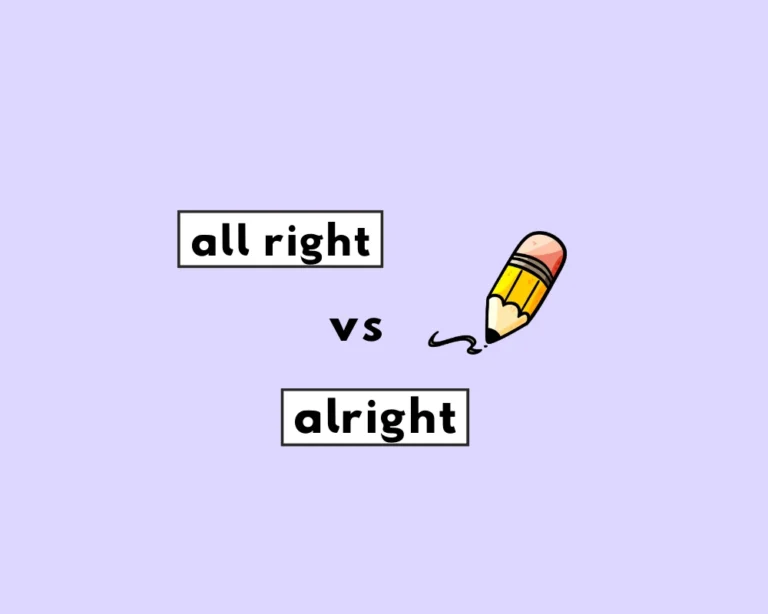
All right is technically correct, though alright is extremely common in casual text conversation, and for informal writing.